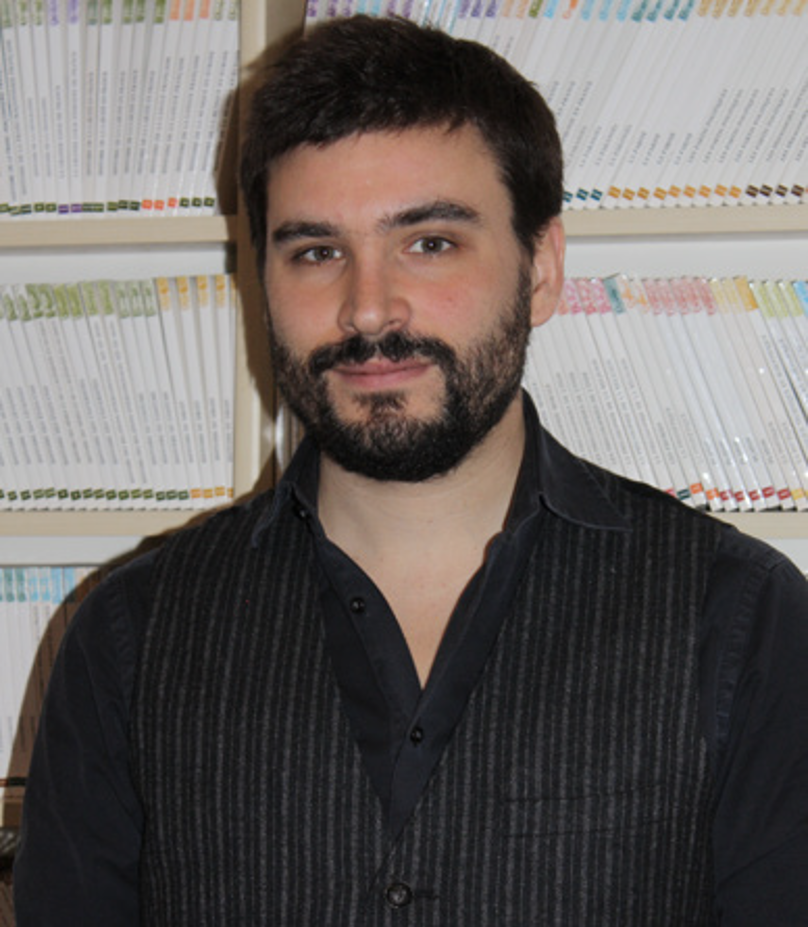In the Arab Gulf States, where social and religious conservatism tends to be the norm, Islam is an important political resource, claimed by regimes and opponents alike. The aim of this workshop is to explore how this resource has been and is still used, reformulated and contested, with a focus on the contemporary period; more specifically, the second half of the 20th century. The Gulf monarchies have historically harbored different brands of Islam, to which the State has developed distinct relationships. In Saudi Arabia, the very construction of the State was closely linked to a particular form of Sunni Islam, Salafism, known for its extreme literalism and its rejection of other Islamic currents. Until today, the Saudi State sees itself as an “Islamic State”, whose laws are based on the Quran and the Sunna. In Kuwait and Bahrain, in contrast, “secular” constitutions (in the sense that they are not derived exclusively from the shari‘a) have been adopted, and the State, while trying to maintain a grip on the expression of religion, has never claimed a special relationship to Islam. Despite these differences, the last few decades have witnessed a relative homogenization of the religious field of discourse in the region, as the Islamic trends found in each country have established a (sometimes significant) presence in all others. The Muslim Brotherhood, whose stronghold was historically Kuwait, are now found almost everywhere, including Saudi Arabia. Salafism has expanded its grip to all other Gulf monarchies, to the point that Salafis now represent a force in both the Kuwaiti and Bahraini parliament. Not only has Salafism as a whole been exported to Kuwait: its different sub-sections – most of which are the result of debates and events that took place in Saudi Arabia – are now also found in the Emirate. The same thing can be said about Shi’ism: the Shirazi and Khatt al-Imam sub-brands of Shi’i Islamism are now present in all Gulf monarchies with a sizeable Shi’i presence. More generally, the Islamic debate is increasingly framed in the same terms, as the region faces the same regional and global challenges: the threat of Iranian power, the dilemmas of US presence, etc.
3 DAYS / 12 Workshops
MORE THAN 300 ACADEMIC PAPERS
The existence of the above-mentioned community of challenges and constraints means it makes sense to study Islamic politics in the Gulf region as a separate object, in a way that has not been done before. This is the aim of the workshop.
Many questions may be asked, and what follows is a list of examples rather than an exhaustive overview.
1. Some of these questions deal with a country in particular:
a. How have the different brands of Islamic activism, with their distinct religious/political rhetoric and material and symbolic resources, competed for hegemony over the religious/political field in this country? In which arenas has the struggle taken place? And why has this or that group taken the lead?
b. How have these different brands redefined their discourse and priorities, especially since 9/11 and with the rise of Iran as a regional power?
c. How has the regime reacted to the Islamization of the contestation if faces? Has this prompted it to redefine its relationship to religion?
d. In cases where there is an official religious establishment, how has it been affected by the debate?
e. What are the institutional and socio-economic resources that specific movements draw on, and to the extent that these are state resources, how does this shape contestation?
2. Some are more comparative in nature:
a. How has the transnationalization of a certain brand of Islamic activism and its transfer from one country of the Gulf region to another (i.e. salafism in Kuwait vs. salafism in Saudi Arabia) affected its rhetoric? And how much has it remained attached to its country (and structures of authority) of origin as opposed to becoming fully integrated in its new environment?
b. How have the economic (i.e. the rentier nature) and political (i.e. the “dynastic monarchical” regime) characteristics of the Gulf countries affected the shape and mechanisms of Islamic politics, in comparison with non-Gulf Middle Eastern countries? Is there a specificity of Islamist mobilization in the Gulf?
c. How do Islamist movements compare to their secular counterparts in Gulf history – Arab nationalist, socialist etc.? Are there shared tropes, organizational forms and constituencies, or is organized political Islam a new entity sui generis?
d. Why does the mobilizational success of Islamist movements vary so strongly from one Gulf country to the next?

